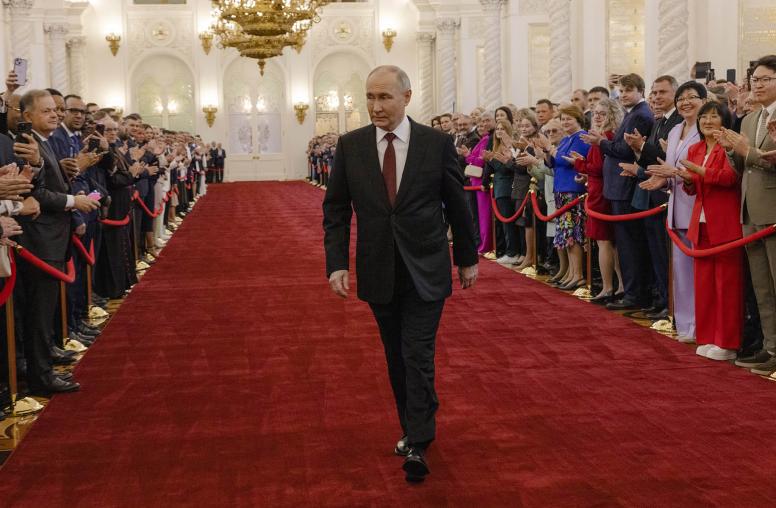War by Other Means
Russian Disinformation Undermining Democracy, Spurring Conflict
Russia’s concerted disinformation campaign against the West is sowing confusion and distrust and undermining democratic institutions from Ukraine to the United States. Anne Applebaum—a Pulitzer Prize-winning author, thought leader and commentator on politics and foreign policy—and U.S. Institute of Peace Executive Vice President William Taylor discussed the challenges to the West from Russian aggression and the weapons of disinformation and disruption, and what the United States and its allies need to do to respond.
On May 7 we sat down with Anne Applebaum for an engaging and timely discussion about Russia's influence on democratic processes in both Ukraine and the United States. Review the conversation on Twitter with #RussianDisinformation.
Speakers
Anne Applebaum
Washington Post columnist, Pulitzer-Prize winning author and Professor of Practice, Institute of Global Affairs, London School of Economics
@anneapplebaum
William Taylor, Moderator
Executive Vice President, U.S. Institute of Peace



